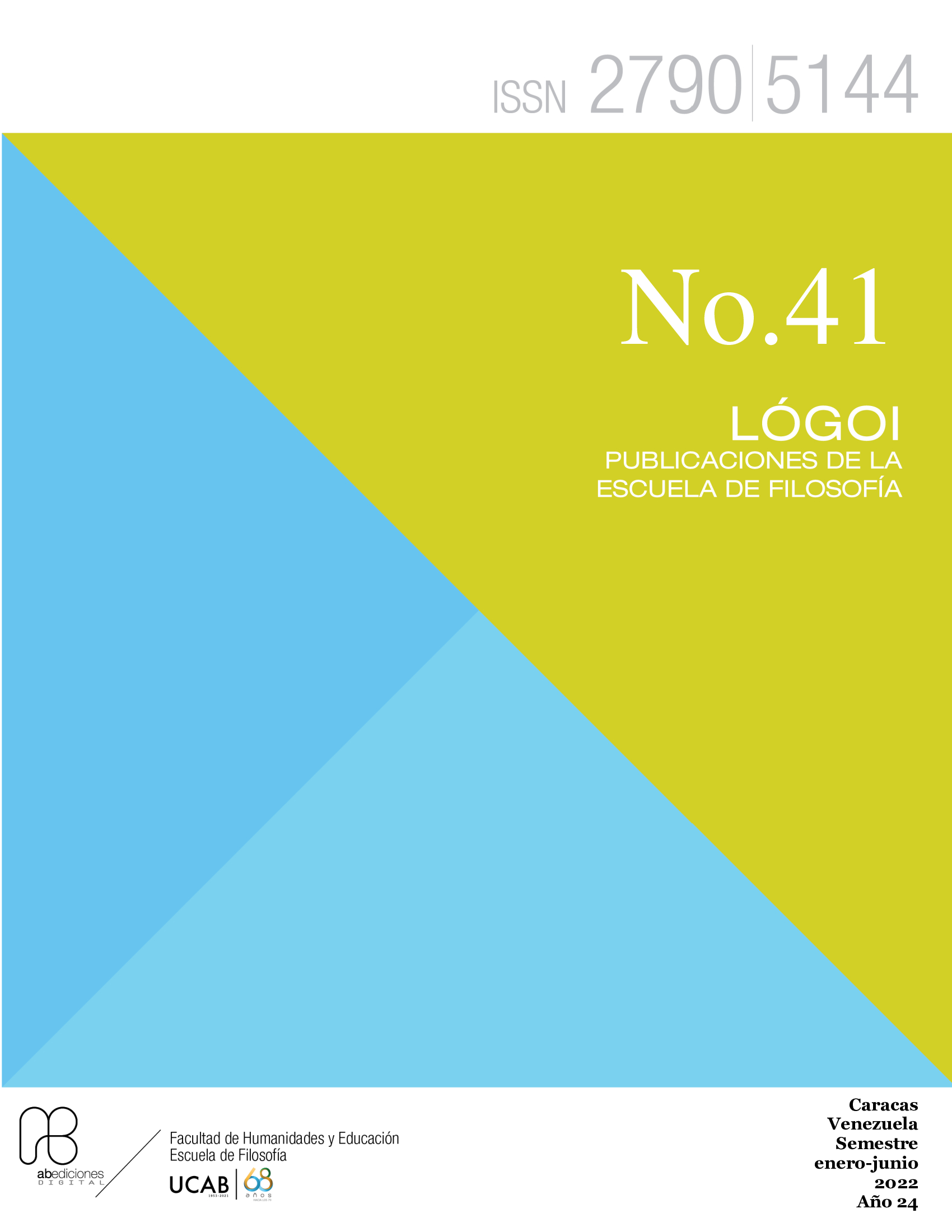Anthropology of Business Management: The Approach of Leonardo Polo and Carlos Llano
DOI:
https://doi.org/10.62876/lr.vi41.5469Keywords:
philosophical anthropology, human action, business management, Leonardo Polo, Carlos LlanoAbstract
Every manager must take into account that he works with people. Knowing how to direct them is a great responsibility, not only for the external results that can be achieved but also for the impact on the directed themselves. For this a manager has to know what they are like. Studying and getting to know the human being is as complex as it is exciting. This article summarizes Leonardo Polo's proposal on business management. It is a philosophical anthropology because it goes to the necessary foundations to understand the act and its subject. From there, the application of managerial techniques will be more appropriate.
Downloads
References
Aquino, Tomás de. Suma teológica. https.//hjg.com.ar/sumat/index.html.
Aristóteles. Política. (Madrid: Editorial Gredos, 1988).
Brague, Rémi. Manicomio de verdades. Remedios medievales para la era moderna. (Madrid: Encuentro, 2020).
Casson, Mark. “Entrepreneurship and the theory of the firm”, Journal of Economic Behavior & Organization, Vol. 58, (2005).
Chan Kim, W. y Mabourgne, Renée. “How Strategy Shapes Structure”, Harvard Business Review, vol. 87, nº 9, (2009): 72-74.
Coase, Ronald. “The nature of the firm”, Economica. Volumen 4, Nº 16, (noviembre, 1937): 386-405
Fariñas C., Guillermo. La Empresa según Nonaka. Una aproximación cognitiva, (Beau Bassin (Mauricio): Editorial Académica Española, 2018).
Fariñas C., Guillermo. Teorías modernas de la empresa, trabajo de investigación para obtener el grado Máster en Gobierno y Cultura de las Organizaciones en la Pamplona: (Universidad de Navarra. Obra no publicada, 2007).
Foss, Nicolai y Klein, Peter. Entrepreneurship and the Economic Theory of the Firm, Danish Research Unit for Industrial Dynamics, DRUID Working Paper Nº 04-12, (2004).
Foss, Nicolai y Klein, Peter. Entrepreneurship, Subjectivism, and The Resource−Based View. Towards A New Synthesis. (2006). http.//www.business.uiuc.edu/Working_Papers/papers/06−0121.pdf.
Hoskisson, Robert E., Hitt, Michael A., Wan, William P. y Yiu, Daphne, “Theory and Research In Strategic Management. Swings of a Pendulum”, Journal of Management, vol. 25, nº 3, (1999): 417-456
Jensen, M. C. y Meckling, W. H. “The Nature of Man”, pp. 4 – 19, Journal of Applied Corporate Finance, V. 7, No. 2, (1994).
Kirzner, Israel. Competition and Entrepreneurship. (Chicago: University of Chicago Press, 1978). (1973).
Knight, Frank. Riesgo, incertidumbre y beneficio. (Madrid, Aguilar,1947 (1921)).
Langlois, Richard. “The entrepreneurial theory of the firm and the theory of the entrepreneurial firm”, pp. 27-29, Trabajo para la conferencia Why Do Entrepreneurial Firms Exist? (Ohio: Ohio State University, octubre, 2005).
Martínez-Echevarría, Miguel Alfonso. Dirigir empresas. de la teoría a la realidad. (Madrid: Ediciones Internacionales Universitarias, 2005): 258-277.
Mintzberg, Henry. Managers Not MBAs. A Hard Look at the Soft Practice of Managing and Management Development. (San Francisco: Berrett-Koehler Publishers, Inc. 2004).
Mintzberg, Henry. The nature of managerial work, New York, Evanston. (San Francisco, London, Harper & Row Publishers, 1973).
Montejano, Bernardino. “Prudencia” en Gran Enciclopedia Rialp. (Madrid: Editorial Rialp, 1977).
Pérez López, Juan Antonio. Organizational Theory. A Cybernetical Approach. IESE Research Paper nº 5, (1974).
Polo, Leonardo y Llano, Carlos. Antropología de la acción directiva. (Madrid: Unión Editorial S.A., 1997).
Polo, Leonardo. “Filosofía de la Economía” en Obras completas. Vol. XXV. (EUNSA. Pamplona (España): Ediciones Universidad de Navarra, S.A., 2018).
Polo, Leonardo. Curso de teoría del conocimiento. (Vol. I y II), (Navarra: Ediciones Universidad de Navarra, S.A., 2006).
Polo, Leonardo. Ética. Hacia una versión moderna de los clásicos. 2ª ed. (Madrid: AEDOS Unión editorial, 1997).
Polo, Leonardo. Quién es el hombre. Un espíritu en el tiempo. (Madrid: Rialp, 2007).
Velaz, José Ignacio. Motivos y motivación en la empresa. (Madrid: Díaz de Santos, 1996).
Published
How to Cite
Issue
Section
License
Copyright (c) 2022 Array

This work is licensed under a Creative Commons Attribution-NonCommercial-ShareAlike 4.0 International License.










.png)











